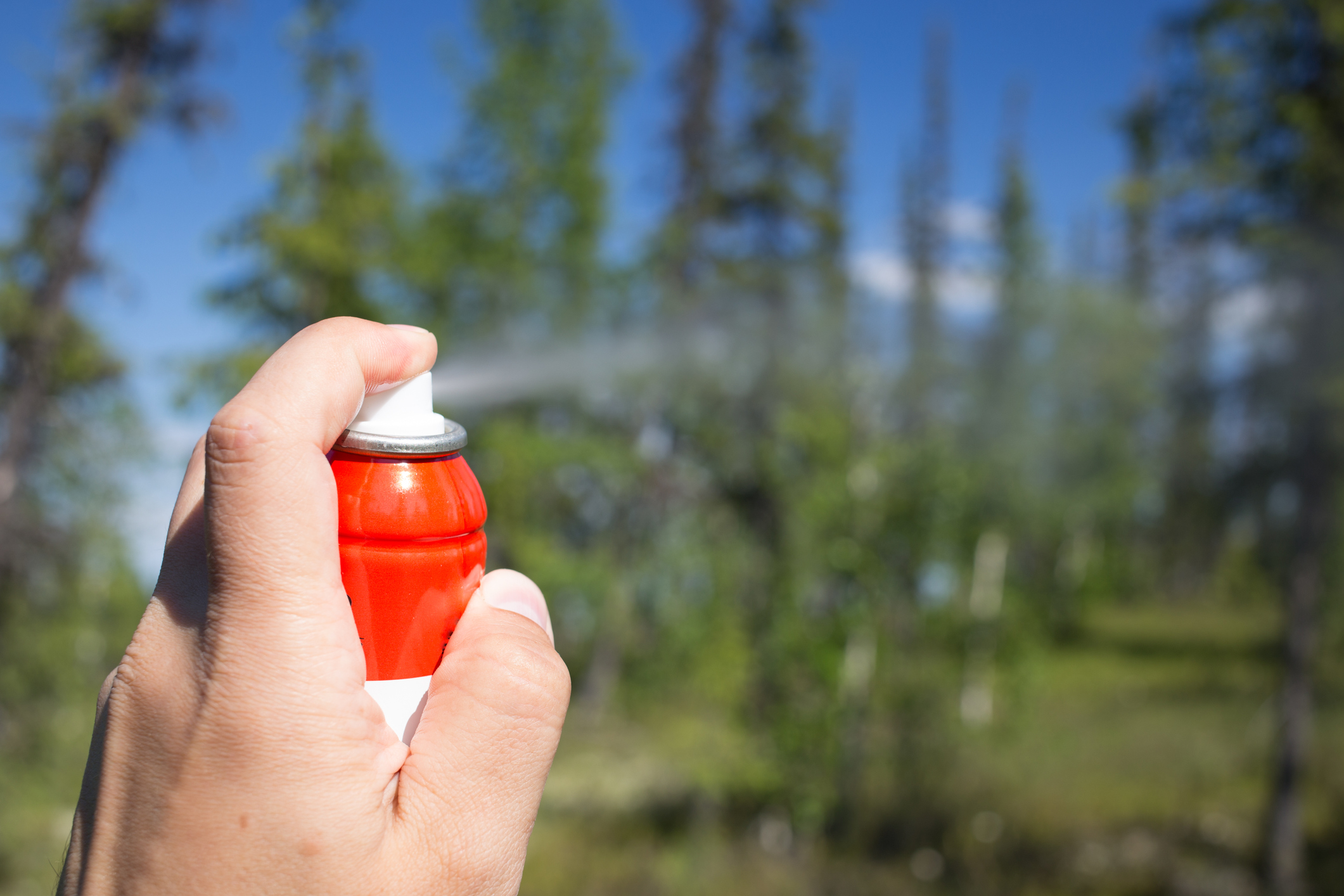
The Dos and Don'ts of Insect Repellent for Pets
If you’re planning on making the most of the spring and summer seasons, you’re likely to be outdoors more often than not. While you’re out there, you’ll have to contend with nature’s most abhorrent pest: mosquitoes. These literal bloodsuckers are more than just annoying—they can also be deadly, depending on the diseases they’re carrying. Needless to say, it’s important to protect yourself and your pet from them.
It’s not just mosquitoes, either. Ticks, fleas, mites and more all come out to play when temperatures rise, and the first place they’re going to cause trouble is with your pet. Insect repellent and pest protection in the warmer months of the year are must-haves. Here are a few tips for what you should and shouldn’t do to protect your four-legged friend.
What NOT to do for pest repellent

Let’s start with the basics of what not to do when it comes to pest control and your pet. The biggest, most important thing to remember is that DEET and other off-the-shelf chemical products are not safe for your pet. In fact, they’re extremely dangerous!
The active ingredient in most brand-name, off-the-shelf pest products is diethyltoluamide (DEET), which repels insects. Unfortunately, this compound comes with a slew of dangerous side effects for both people and pets. For pets, it can cause neurological problems, such as tremors, seizures or even death. Not only should you never spray your pet, you should make sure they’re nowhere near you if you apply it to yourself. A few licks from an excited pup could have very dangerous consequences!
Most people turn to essential oils and natural remedies instead of DEET products. While it’s a step in the right direction, there are also some warnings here. Lemon eucalyptus is a proven insect repellent that does the job without the chemicals, but that doesn’t mean it’s entirely safe for your pets. Cats tend to have adverse reactions to both lemon and eucalyptus, which may induce vomiting. Tea tree oil is another natural repellent used to ward off insects, but it’s highly toxic to pets.
Finally, citronella candles are a staple in keeping mosquitoes away…but they’re also toxic to pets. If you plan on lighting one, make sure your pet isn’t anywhere near.
Pest repellent techniques that are safe for pets
With DEET products, citronella and some essential oils out of the picture, what’s a pet owner to do when the mosquitoes and other pests start swarming? As it turns out, there are plenty of natural pest repellent strategies that are both effective and pet-safe.
Not all essential oils are bad! While eucalyptus and lemon might irritate cats, geranium and soybean oils can work instead (bear in mind, geranium plants are toxic to animals; their oils are safe). For dogs, lemon oil on the collar is perfectly safe and will ward off insects who decide to swoop in close. You might also make a 1:1 ratio of lemon juice to water and spray it around outside where cats and dogs can’t reach as a perimeter ward against some bugs.

Aside from essential oils, plenty of plants are known for their pest repellent properties. Basil and catnip are no good for bugs (even if your cat loves them). Lavender and peppermint plants are beautifully aromatic, which is great for you and not so great for the bugs you’re trying to keep away. To keep pets from gnawing on them in your garden, get some fresh from a farmer’s market and hang them upside down in congregating areas outside to keep pests away.
Finally, be proactive. Mosquitoes love standing water, so do what you can to eliminate it before the weather gets warm and these pests start to lay eggs. Trim back overcrowded brush where ticks and fleas congregate to stop them from hitching a ride on your pet.
Protect yourself and your pet
Mosquitoes, ticks, fleas and other pests are menaces to outdoor fun. But they don’t have to be! While DEET and other chemical products may get results, they’re an immediate danger to your pet and should be avoided. There are plenty of natural remedies out there for getting rid of pests and keeping them away from your outdoor activities—just make sure you’re also thinking about your pets.
Pet-safe pest repellents aren’t hard to come by—all you need to do is make sure you’re being strategic in deploying them. Always consider your pet before you administer pest control products and do what it takes to keep you and them safe and happy this summer.


